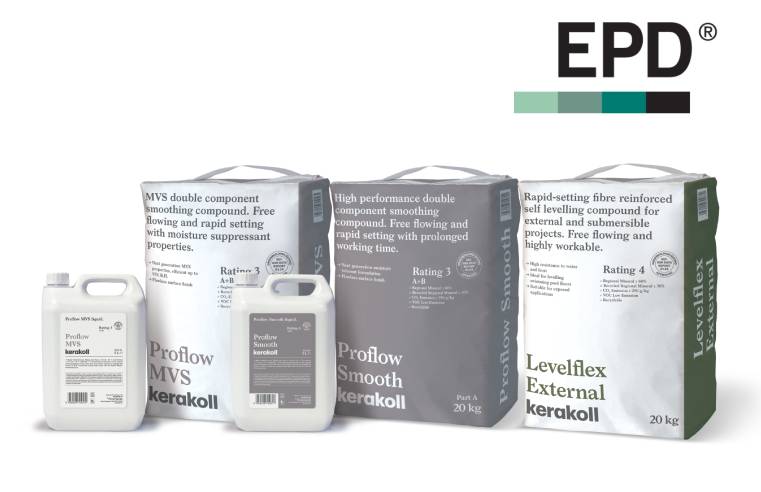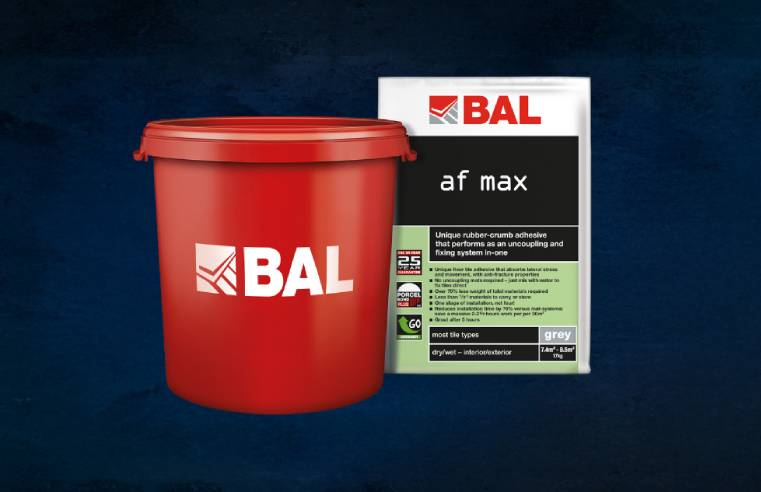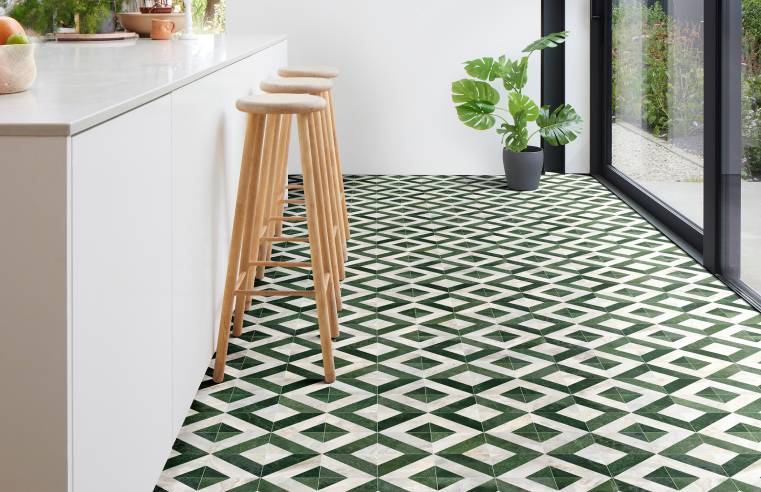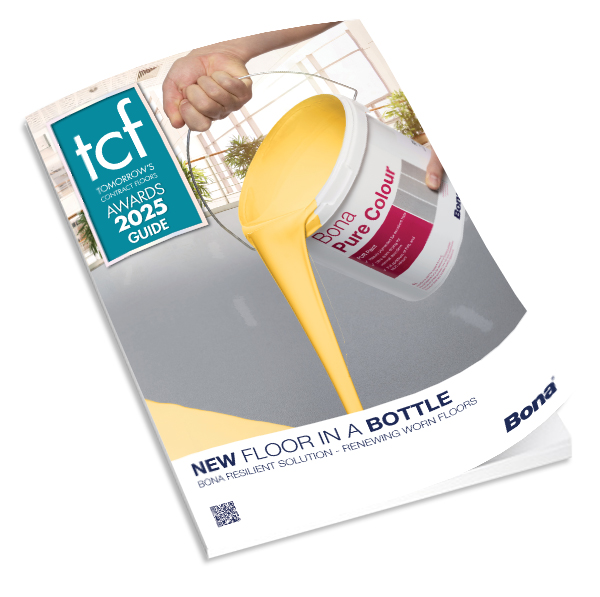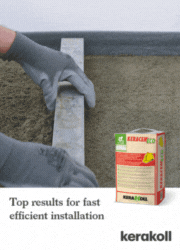Commercial and residential vinyl flooring specialist Polyflor has recently published its 14th annual Sustainability Report which outlines the UK manufacturer’s environmental performance over the past year.
The 114-page report gives a detailed account of the sustainability milestones that Polyflor reached in 2018, delves into the company’s green credentials and explains how Polyflor is fully committed to producing environmentally preferable flooring, with a focus on sustainability through the six-step life cycle process. The report also highlights Polyflor’s involvement with charities and the local community.
Key achievements for 2018 include improvements to resource management, where Polyflor used 84% renewable energy and 96% recycled water. Energy usage was reduced by 16%, the lowest figure in seven years and direct and indirect greenhouse emissions were reduced by 13% and 32% respectively, compared to 2017. Polyflor’s carbon footprint was further reduced through improvements made by its logistics department, including increasing driver efficiencies and bulk loads, leading to reduced fuel consumption.
Polyflor’s manufacturing director Steve Mulholland, commented: “As a UK manufacturer, we recognise that we have a responsibility to minimise our environmental impact and make sustainability a priority in our operations on a local and global level. With hard work and commitment, we will continue to make improvements to our manufacturing plants, processes and logistics wherever possible to continuously strengthen our sustainability performance. We have already made great progress but we continue to set ambitious environmental goals and are determined to carry on leading the way with our sustainability agenda in the vinyl flooring market.”
As co-founder of the Recofloor vinyl take-back scheme, Polyflor reports that a record 570 tonnes of post-consumer waste vinyl flooring was collected in the past year, totalling 4,341 tonnes since 2009 – enough waste to cover 203 football pitches.








